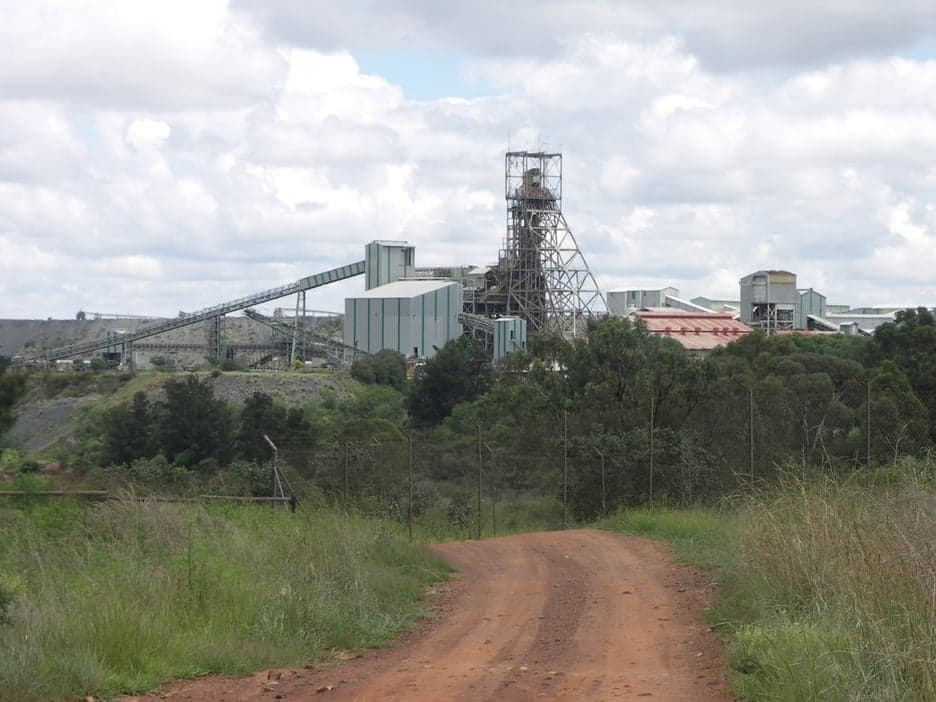Published:
Ms. Sheila Khama serves as the Practice Manager for the World Bank’s Energy and Extractive Industries Global Practice with a focus on eastern and southern Africa, Latin America and the Caribbean, southern Asia, Europe and central Asia, and the Extractives Global Programmatic Support Trust Fund. Khama previously worked as the Director of the African Resources Center at the African Development Bank (AfDB). With these along with her other positions, Khama focused on the development of African countries from the use of natural resources.
There are multiple sources of tensions surrounding the mining industry, particularly in Africa. One source of the tensions between the governments of resource-rich countries, investors, and the public is the discrepancy in the expectations that the governments have for mining companies, and the real capacity of these companies. The governments often request such a large output from mining companies that just simply is not realistic, and when these expectations are not met, there is social and political fragility such as what has occurred in the Central African Republic. Another source of tension between these entities is the location of mining companies compared to the location of the natural resources. Often times, mining operations are controlled by companies who are located overseas and do not have the sight of the area they are mining.
It is extremely important for countries to try to attract these investments and mining companies because once mining begins, jobs are created, people are drawn to the area, schools are developed and societies are created, such as the rise of Johannesburg. It is also extremely important for countries to attract investment in mining to develop better investor relations, considering that due to the high risk of mining, investment in Africa has experienced a steady decline over the past decade. The idea of the risk associated with mining and the fact of the continuous decline in investment changes the reputation of the entire industry, and diminishes consumer confidence, drastically affecting countries whose economies rely on the mining sector.
One major source of the distrust of the mining industry from the public comes from the effects of social media, the internet, and television. Globally, many countries have experienced a decrease in the level of trust in governments and large corporations, while the public is trusting the media more and more. Due to this, there is a decrease in the support of the mining industry, which is highly centralized, and is driving the mining sector to move from the private sector to the public sector in many places.
To resolve these issues in the mining industry, there is a call for complete transparency in the industry and increased public participation in the laws and policies of the industry. One issue of getting information on the industry to the public is the lack of electricity or internet access, or the fact that some of the population cannot understand the research. One resource that was created is the African Mining Legislation Atlas (AMLA) which allows communities to view the laws and regulations on the mining industry held in other countries, and develop their own mining practices.
File under






